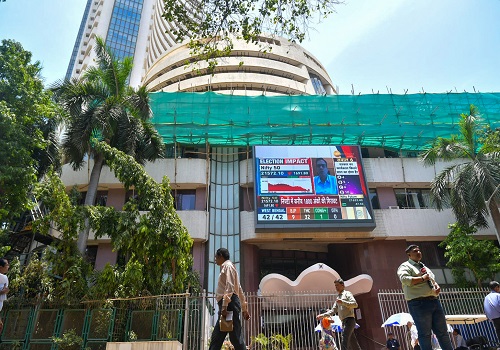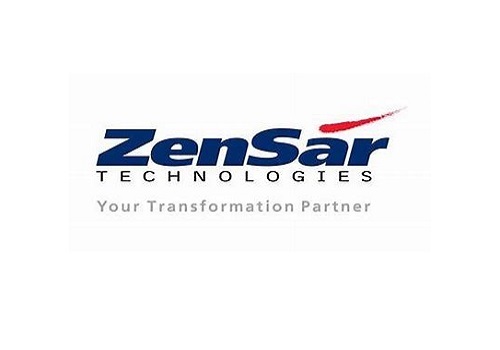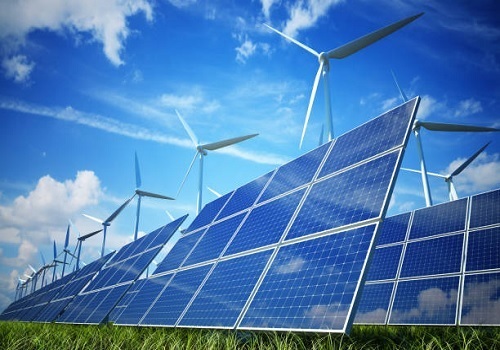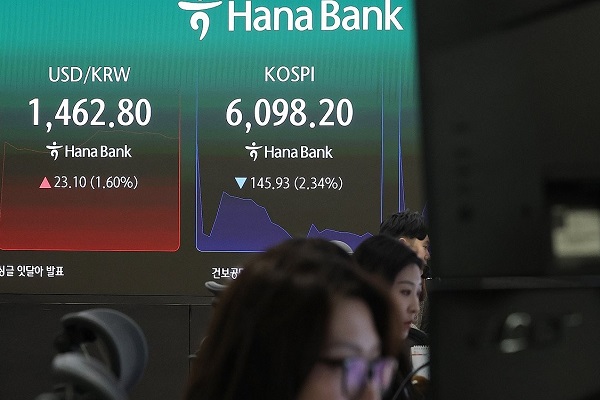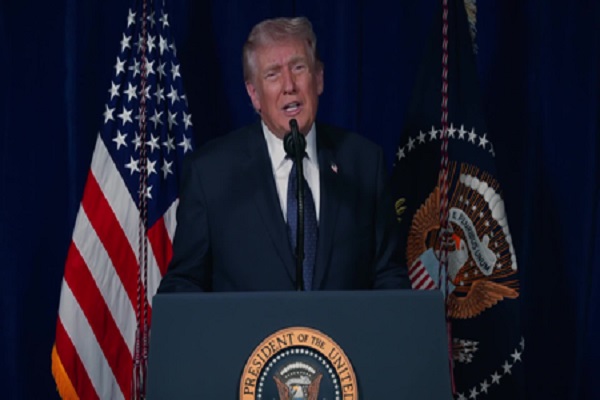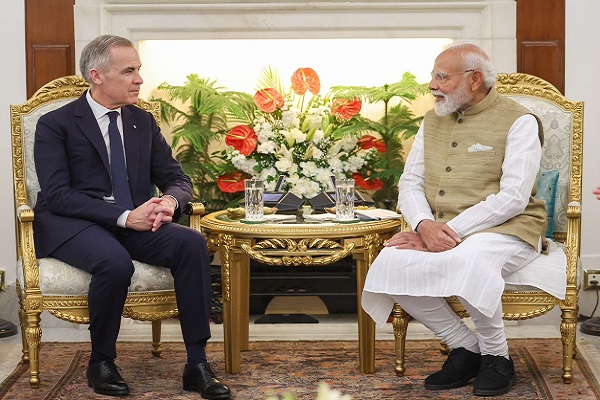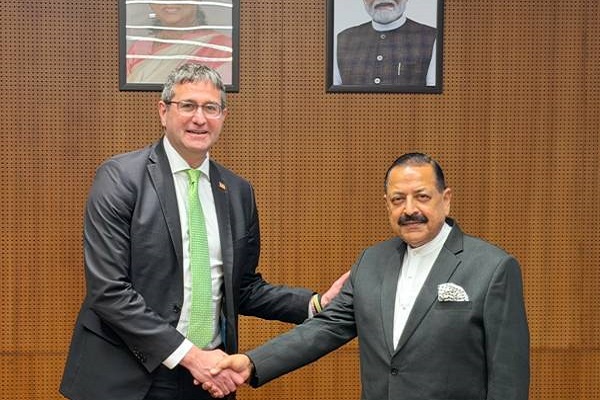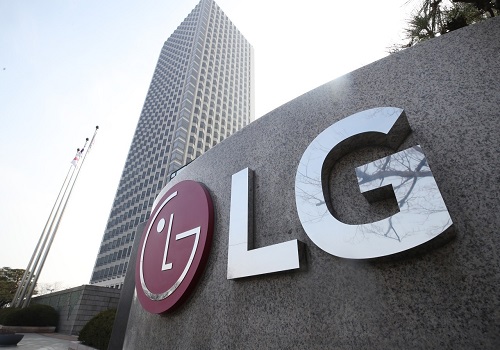South Korea to develop hydrogen-based steelmaking technology by 2030

South Korea will push to develop hydrogen-based steelmaking technology by 2030 to support the local steel industry's efforts to bolster its global competitiveness and achieve carbon neutrality, the industry ministry said on Thursday.
With the recent completion of a feasibility study, the Ministry of Trade, Industry and Energy plans to invest a combined 814.6 billion won ($600 million) over the next five years to develop a demonstration technology for hydrogen-based steelmaking in cooperation with the private sector, according to ministry officials, reports Yonhap news agency.
Major economies have been working to secure this promising technology, which uses hydrogen gas instead of coal to smelt iron ore, as it could help steelmakers significantly reduce carbon emissions by more than 95 percent compared to traditional methods.
Under the plan, the country will build a facility capable of producing 300,000 tons of hydrogen reduced steel and molten iron, and apply the hydrogen-based steelmaking technology on electric arc furnaces owned by small and medium sized companies.
The project plans to leverage an alternative steelmaking method called FINEX, which is one of the national strategic technologies, to develop hydrogen-based steelmaking technology.
FINEX is a more eco-friendly steelmaking process that can replace the conventional blast furnace method by directly using iron ore fines and non-coking coal to produce molten metal.
"We expect the demonstration project to help the local steel industry achieve carbon neutrality by 2050 and also take a leading position in the global market," an official at the ministry said.
Meanwhile, the government convened a consultative meeting with the private sector on Thursday to discuss the development of quantum technology amid an intensifying global race to secure a future game changer across economic and security domains, the finance ministry said.
The consultative body, led by the Ministry of Economy and Finance, includes relevant government agencies; major research institutions, such as the Korea Advanced Institute of Science and Technology (KAIST); and leading companies in the quantum technology sector.
The global quantum technology market, currently valued at US$2.34 billion, is projected to grow nearly tenfold to reach $24.6 billion by 2033, according to the ministry.
"Quantum science and technology represents a strategic field with the potential to bring significant ripple effects across all sectors, including the economy, security and society," said Shin Sang-hoon, a finance ministry official who leads the consultative body. "The government must take the lead in securing technological supremacy through steadfast policy implementation and bold investment."





